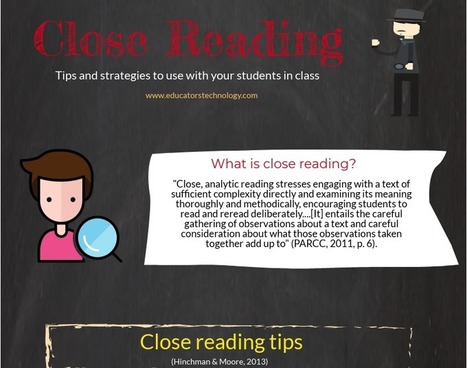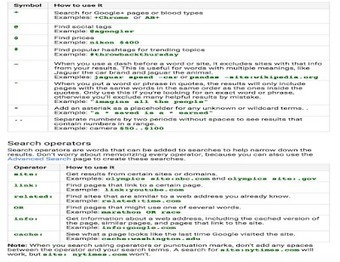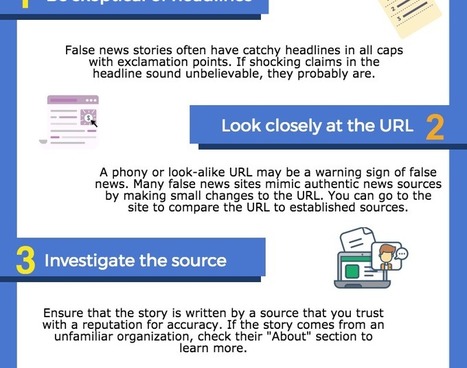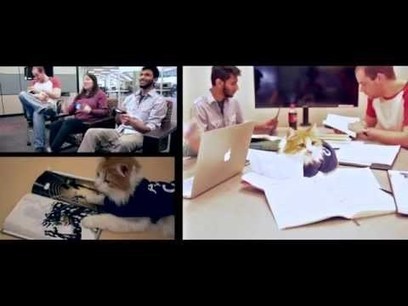Digital literacy is a skill that is a fundamental need for most institutions, especially with the amount of technology used in the world. Unfortunately, many companies and institutions are not investing enough time or money to cultivate this skill.
One way this could be addressed is by conducting what some people call digital literacy assessments. These are tests and surveys that measure an individual’s digital literacy level.
By understanding where these individuals stand, the institutions and companies will be able to craft and plan for learning programs to heighten this skill. There are a few tips to conducting these assessments that can help them go smoother and be more efficient, and below we will look at some of these.
Via EDTECH@UTRGV



 Your new post is loading...
Your new post is loading...































